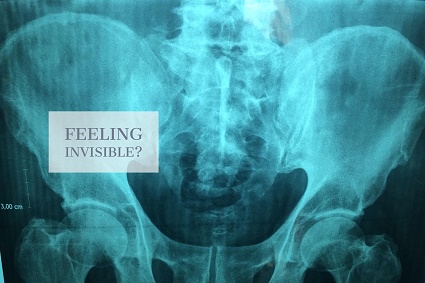Physicians get frequent reminders about the importance of controlling their online reputations. But those reminders often focus on individual doctors or dentists with their own websites. What about radiologists, and other healthcare providers who don’t have as much control over their web presence?
AuntMinnie.com, a respected radiology site, looked at just this issue for radiologists.
Radiologists online
Radiologists have less direct contact with patients than, say, family doctors, but that doesn’t mean that patients don’t look them up online. Patients have increased access to their records, and they can often look up their radiologist more easily than they can get information about him or her directly from their primary physician.
Aunt Minnie reported a study done by researchers at Emory University Hospital who checked the online presence of 30,601 radiologists identified using data from the U.S. Centers for Medicare and Medicaid Services.
The study found that of the top 10 websites returned in Google searches for these doctors, 9 were health grade sites. Sites of this type made up 70% of all the first-page results for searches of the radiologists’ names.
18% were hospital or physician websites. 1% were social media sites — the medical social media site Doximity.com was #4 out of the top 10 websites. There were other types of sites, including online publications, but it’s clear that for most radiologists, physician rating sites account for most of their online presence.
The study was originally published in the American Journal of Roentgenology.
Health grade websites
It’s not just radiologists that end up being found by patients mostly at websites like Healthgrades.com and Vitals.com. The trouble is, these websites aren’t the best representation of medical professionals. Most individuals represented at these website have only one or two reviews. Many of the written reviews are centered on insurance issues or the demeanor of a receptionist. And most of the profiles have very limited information.
Do you have a website?
You need a website. If you’re in private practice, get one. If the clinic or hospital where you work has no website, make it a priority even if you have to be a nudge. Point out to the decision makers that 72% of Americans look online for health information, and show them what people see when they Google you, your fellow providers, and the facility where you work. If it’s not your website, you don’t have any control over the message.
Did you notice that only 18% of the search engine results in the study discussed above were doctor’s or hospital’s websites? Chances are good that the doctors in the study had no website, or an ineffective website. Yet data from the Pew Research Center shows that patients trust healthcare providers’ websites more than they trust any form of advertising.
Maybe there’s a website, but you’re not on it.
If your facility has a website but you’re not included, you still don’t have a website. This can be an issue not just for radiologists, but for other more behind-the-scenes providers as well. Lactation counselors, nuclear medicine specialists, ultrasound technicians, and more may be valued members of the team… but nowhere on the website.
There are plenty of places where it makes sense to include medical professionals who aren’t partners in the practice:
- About Us page
- Individual page under the About Us tab
- Team member pages
- Department pages
- Contact Us pages
- Blog posts
Point out that more content and more pages improves the website’s SEO, as well as its value to your patients.
Can you do without a website?
Not really, but if there is no way that you can change that situation, you can still work on other aspects of your online presence:
- Make sure that you have strong profiles on LinkedIn, Google Plus, Twitter, and other professional social media platforms. Be conscious of the need for professionalism in your social media. But don’t hesitate to speak up.
- Create a blog of your own. Be aware of HIPAA’s rules and check to see if your healthcare facility has a social media policy.
- Post guest articles at other websites.
- Make sure that you’ve provided all the information you can to the websites (such as health grade sites) that list your name. Adding your credentials to such sites can help balance that angry reviewer who had a problem with the billing office and vented at your profile.
If this sounds like a lot of work, call Rosie at 479.966.9761. We’ll be happy to help.


Leave a Reply